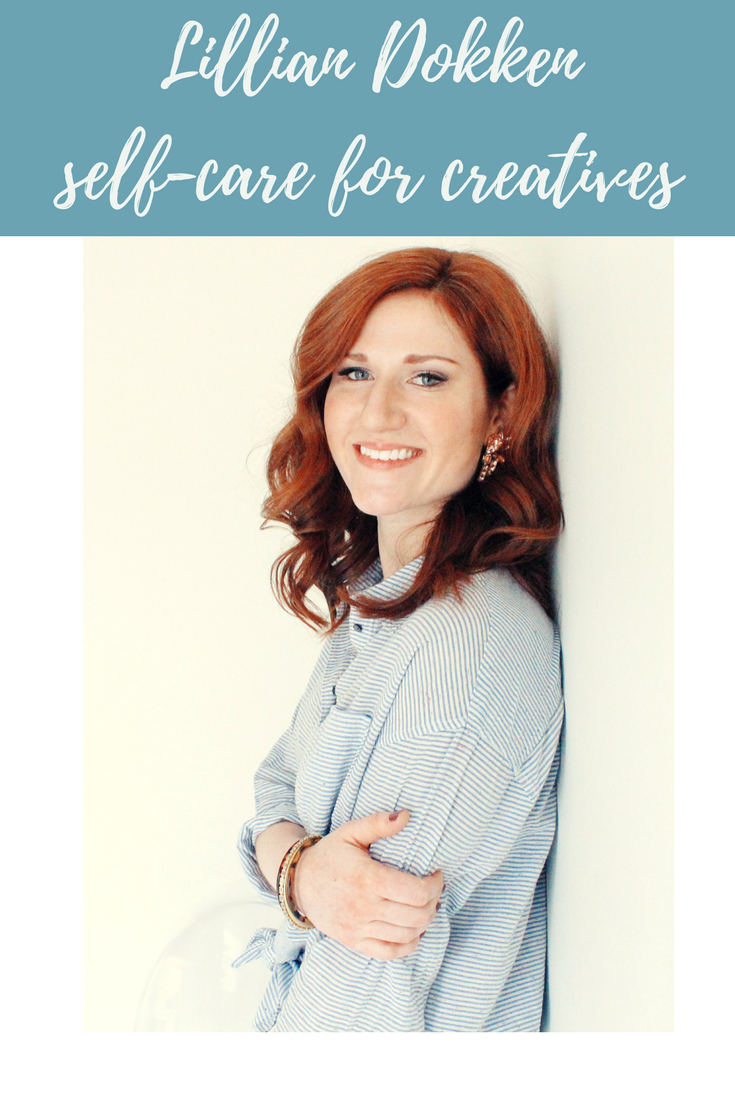What does a typical workday look like for you?
My workdays are never really consistent… A schedule is one thing I am hoping to do better this year. I typically get up (as of January), do a devotional and write in a prayer journal, and then move to my studio where I check my emails and take on whatever task is at hand that day. This varies based on what is going on. It could be designing, setting stones, filling client or wholesale orders, doing a custom order, water-coloring a commissioned Birthday invitation – haha. It really is whatever is “most important” at that moment.
How have self-care practices impacted your life and work?
I honestly feel like my self-care practices keep me “human.” They keep me sane. If not, I think I’d be a full-blown (burnt out) workaholic:
Exercising: I don’t always want to do it and don’t always do it, but I can tell a huge difference in my energy and mood when I do vs. when I don’t. It gives me mental clarity and often makes me feel more creative. Also, if I’m doing it outside, it makes me aware of God, gets me out of my head, and allows me to focus on Him.
Seeing a therapist: Going to talk to someone every few weeks is so helpful. I am always able to work through any issues I may be having with relationships, myself, or my business. Getting another perspective on things is just so healthy for me. It’s also a scheduled way for me to “leave work” and get out of the house.
Reading / listening to books and podcasts (on my personality type, self-help, or entrepreneurial things): Reading or listening to these things make me more self aware, which helps me grow as a human. For example, reading about my Enneagram type (4 with a 3 wing) allows me to better understand myself. I am more conscious of how I think, feel, and act (or react) now that I know my type. I’m able to try to improve / be aware of any unhealthy things I do. It also helps me give myself a little bit more grace.
Reading a devotional and keeping a prayer journal: I’ve noticed that doing this in the morning sets my mind in a new perspective before I start my workday.
Eating (mostly) healthy: When I start to eat poorly, I can tell. It often effects my mood, breaks my face out, and makes my confidence go down, so I try to stick to a fairly “healthy” diet.
Hanging out with my husband, family, and friends: I’m on the line of extrovert / introvert, but I lean more towards an introvert. My husband, however, is very extrovert. Since I work from home, it is VERY healthy for me to interact with people regularly outside of work. If I didn’t have him, I honestly would be very bad at this. Thankfully, he holds me accountable to spending time with others. He gets a healthier and happier wife when we plan time with friends, each other, or family.
Church / small group: Same as above. It holds me accountable to seeing friends, meeting new people, but also growing in my relationship with God.
Taking on something creative - that doesn’t feel like work: Allowing myself to take on something creative that doesn’t feel like work helps me from getting burnt out on my creativity.
Meetings with my brother-in-law: These meetings are for my business. I’ve learned I work better with accountability. He helps me come up with business goals and the next steps to reach them. He has been so helpful in holding me accountable to these things. I honestly don’t think I would be where I am today had he not stepped in and helped push me forward.
Asking for help when I need it: Whether it’s asking someone to help me with my business or asking someone to help me clean our house – I’ve learned that asking for help takes a weight off of me.
Keeping my house clean: I can’t stand a mess. If I’m stressed, a messy house literally makes me go nuts. So loving myself by cleaning the house fairly often is key for me.









